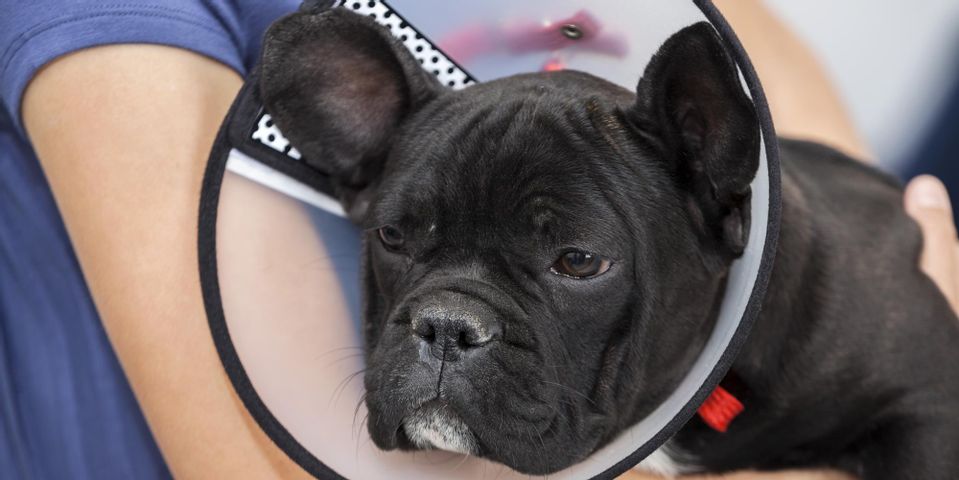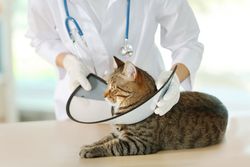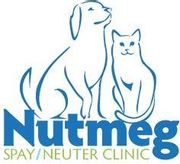
When you adopt a new cat or dog, spay/neuter surgery is critical to protecting their long-term health and minimizing the dangers of animal overpopulation. While this surgery is safe, simple, and effective, it’s important to know how to care for your pet’s incision until the incision site heals. To help you keep your four-legged friend in good shape after their procedure, here are a few important points to keep in mind when caring for your pet’s surgical sutures.
How Should You Care for a Pet’s Incision After Surgery?
Minimize Activity
Excessive activity following the surgical procedure may cause sutures to come loose or tear, presenting a serious risk of complications. As such, you should make sure your dog or cat is set up in a comfortable area where they can rest and relax without being excited by other people or pets. Take care to make sure your animal does not jump up or run around. If you have a dog, take them outside on a leash for small bathroom breaks but keep movement restricted.
Keep the Cone On
 Cats and dogs often will attempt to chew at their incision as the site heals, increasing the danger of injury or infection. As such, you should keep your pet’s e-collar on at all times until your veterinarian or spay/neuter clinic says you can remove it. If the standard plastic cone seems to be too uncomfortable or unwieldy for your animal, there are several alternatives your provider may recommend—including soft cloth or inflatable collars.
Cats and dogs often will attempt to chew at their incision as the site heals, increasing the danger of injury or infection. As such, you should keep your pet’s e-collar on at all times until your veterinarian or spay/neuter clinic says you can remove it. If the standard plastic cone seems to be too uncomfortable or unwieldy for your animal, there are several alternatives your provider may recommend—including soft cloth or inflatable collars.
Don’t Wash or Disinfect
Bathing your dog or cat after spay/neuter surgery may damage or irritate the incision and increase the risk of complications. While you should limit activities that may dirty the site, you should avoid washing your pet until healing is complete. Additionally, you should refrain from putting disinfectant on the incision, as these solutions may damage cells and delay the healing process.
Monitor the Site for Problems
Check your pet’s incision periodically throughout the day to make sure no problems have developed. In general, the site may appear slightly irritated or red as it heals. Some animals may develop minor bruising. However, if the area is bleeding, swelling excessively, or producing unexpected discharge, you should consult your spay and neuter clinic or veterinarian to evaluate the problem.
When you want to simplify the process of spay/neuter surgery, we at Nutmeg Spay/Neuter Clinic are here to help. Providing inexpensive spay and neuter services in Stratford, CT, our clinic will assist you through every step of the surgery—including aftercare instructions. To further help protect your new companion’s health, our clinic also offers affordable pet vaccinations that prevent serious and life-threatening diseases. For more information on our services, visit our website. To schedule surgery for your cat or dog, call one of our friendly associates at (203) 690-1550.
About the Business
Have a question? Ask the experts!
Send your question

